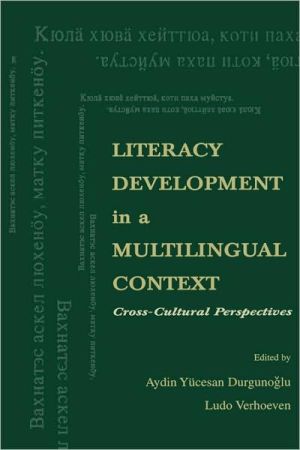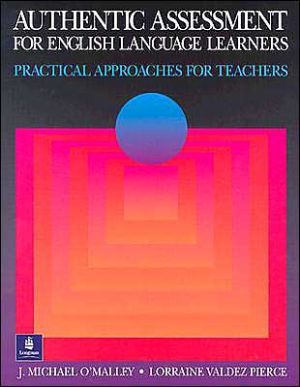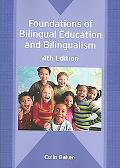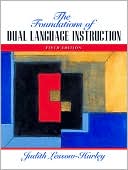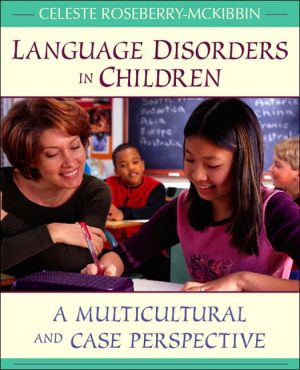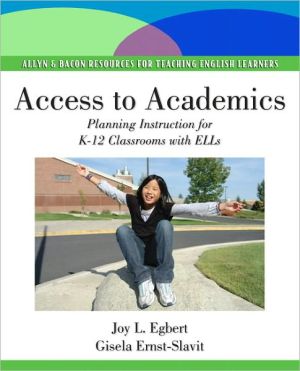Literacy Development in a Multilingual Context: Cross-Cultural Perspectives
During the past decades, literacy has gradually become a major concern all over the world. Though there is a great diversity in both the distribution and degree of literacy in different countries, there has been an increasing awareness of the number of illiterates and the consequences of being illiterate. However, literacy is no longer seen as a universal trait. When one focuses on culturally-sensitive accounts of reading and writing practices, the concept of literacy as a single trait does...
Search in google:
During the past decades, literacy has gradually become a major concern all over the world. Though there is a great diversity in both the distribution and degree of literacy in different countries, there has been an increasing awareness of the number of illiterates and the consequences of being illiterate. However, literacy is no longer seen as a universal trait. When one focuses on culturally-sensitive accounts of reading and writing practices, the concept of literacy as a single trait does not seem very feasible. A multiplicity of literacy practices can be distinguished which are related to specific cultural contexts and associated with relations of power and ideology. As such, literacy can be seen as a lifelong context-bound set of practices in which an individual's needs vary with time and place. This volume explores the use of literacy outside the mainstream in different contexts throughout the world. It is divided into four sections. Section 1 presents an anthropological perspective--analyzing the society and the individual in a society. Section 2 presents a psychological perspective--focusing on the individuals themselves and analyzing the cognitive and affective development of young children as they acquire literacy in their first and second languages. Section 3 presents an educational perspective--highlighting the variations in educational approaches in different societies as well as the outcomes of these approaches. Section 4 summarizes the studies presented in this volume. Both theoretical issues and educational implications related to the development of literacy in two languages are discussed. An attempt is also made to open up new directions in the study of literacy development in multilingual contexts by bringing these various disciplinary perspectives together.
Introduction: Perspectives on Literacy Development in Multilingual ContextsIAnthropological Perspective: The Individual and Society11Minority L1 Literacy in Sweden and Karelia: Challenges and Strategies32Literacy in Developing Societies: Native Language Versus National Language Literacy213Literacies in the Lives of Young Gujarati Speakers in Leicester374Literacy and Bilingualism in a Cambodian Community in the USA51IIPsychological Perspective: The Development of the Individual835Component Processes in Becoming English-Hebrew Biliterate856Attaining Functional Biliteracy in the Netherlands1117Acquiring Literacy in English and Spanish in the United States1358Literacy Training for Linguistic Minorities in Norway147IIIEducational Perspective: The Individual and Schooling1679Putting Second Language First: Language and Literacy Learning in Morocco16910Acquisition of Literacy in Multilingual Contexts in Danish Schools18511The Acquisition of Literacy by Immigrant Children in Sweden20312Learning to Read in Chinese, Korean, and Japanese22513Sabaq: Context of Learning Literacy for Girls in Rural Pakistan24914Early Writing Acquisition in Catalan and Israeli Communities267Epilogue: Multilingualism and Literacy Development Across Different Cultures289Author Index299Subject Index305
